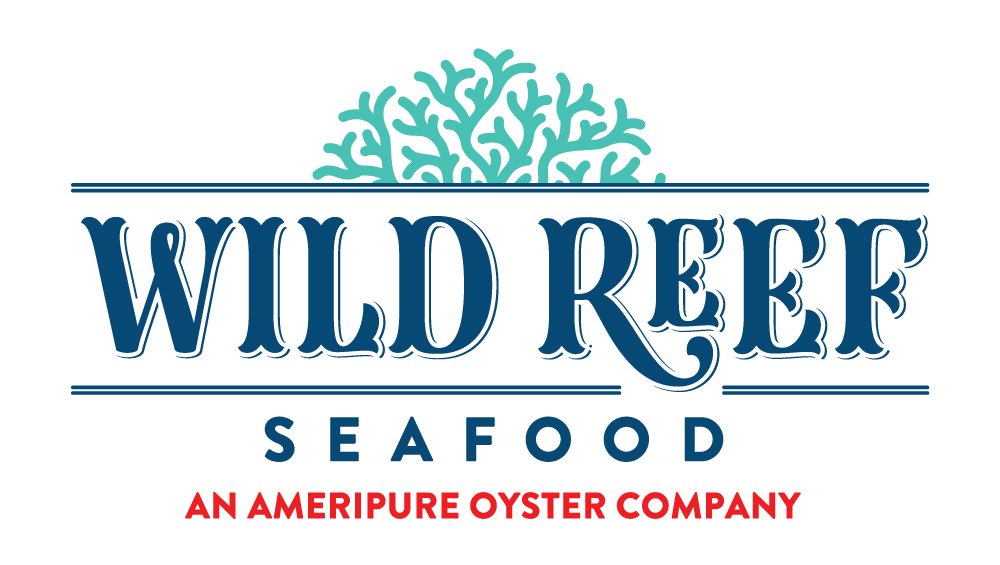OUR PROCESS
THE AMERIPURE PROCESS - You don't have to shuck taste for safety.
AmeriPure Oysters undergo a very simple warm and cold water temperature treatment to reduce the potentially harmful Vibrio vulnificus and Vibrio parahaemolyticus bacteria to nondetectable levels for added safety.
AmeriPure oysters are harvested from waters that met the strict requirements of the National Sanitation Program (NSSP).
Live harvested oysters are pressure-washed to remove natural grit and debris from their shells, then culled by seasoned professionals to ensure half-shell quality. After grading for size, the oysters are individually banded.
The oysters are then placed into a warm water bath. Heat levels are maintained with computerized temperature controls calibrated to kill off Vibrio and other bacteria. The warm water bath is followed by an ice cold shock bath to stop the transfer of heat.
The oysters remain in their natural liquor, sealed from the fresh water of the process at all times. There is no filtering, purification, high pressurization, depuration or chemicals involved. These in-shell oysters are still raw and have to be shucked fresh.
AMERIPURE OYSTERS
AmeriPure buys its oysters from selected harvesters across the Gulf Coast, with the overwhelming majority of fresh product coming from Louisiana, Texas and Mississippi.
However, the AmeriPure Process® is fully effective on any oysters harvested from waters that meet the guidelines of the NSSP. Our shellfish are routinely batch tested for bacterial pathogens, including E. coli, which is the standard indicator of pollution that can carry viral hepatitis and the Norwalk virus.
AmeriPure's HACCP program follows all federal guidelines. Thanks to the patented AmeriPure Process® used at our modern, government-inspected plant, the naturally occurring Vibrio vulnificus and Vibrio parahaemolyticus bacteria in our oysters are reduced to nondetectable levels for added consumer safety. Furthermore, severe temperature abuse studies have conclusively shown that these bacteria do not reoccur. After processing, aerobic bacteria were also substantially reduced by as much as three logs, thereby slowing the natural rate of spoilage and increasing product shelf life.

